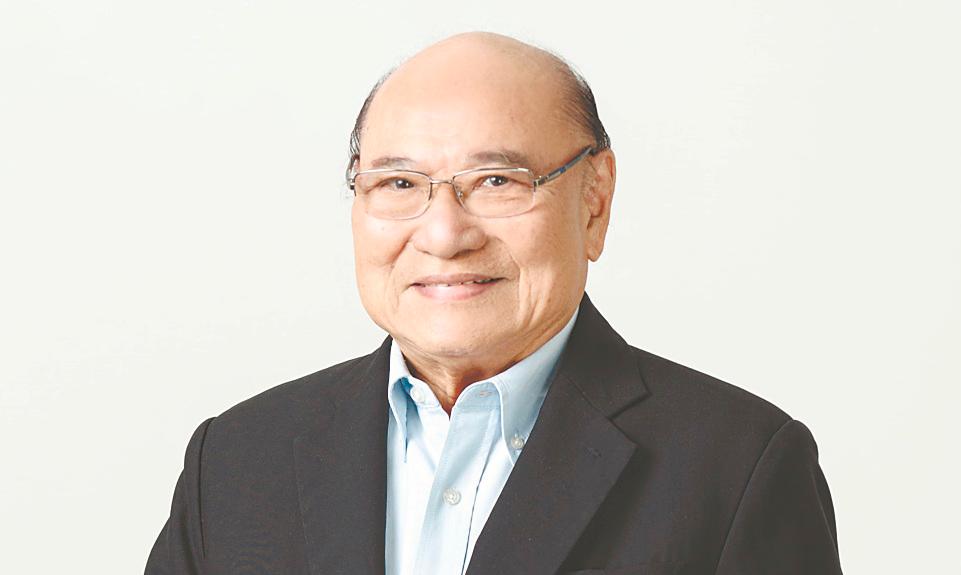KUALA LUMPUR: MKH Oil Palm (East Kalimantan) Bhd (MKHOP) plans to acquire additional landbanks in East Kalimantan, Indonesia, close to its current estates, to increase plantation capacity, improve operational and logistics management coordination and efficiency.
Chairman Tan Sri Alex Chen Kooi Chiew said 90% of the company’s oil palm trees are at peak production age, and out of the current landbank of 18,205 hectares, 17,008 hectares have already been planted.
“We have planted over 90% of our land and will require additional landbank to continue growing. Yes, we are serious about landbank expansion and are currently in an advanced stage of due diligence and negotiations,” he told SunBiz.
Chen said MKHOP had completed its first palm kernel crushing plant which commenced operations last month to capture the higher value from crude palm kernel oil.
“For the moment, we are not looking for any further downstream expansion. We are focusing on expanding our existing landbank. Our efficiency levels are still improving. The company generated a higher oil extraction rate of 21.2% for FY24 compared to FY23. So, we are extracting more efficiencies.”
Chen noted that Indonesia will implement a 40% mandatory biodiesel blend with palm oil-based fuel (B40) starting Jan 1 next year. He said implementing the B40 would be Indonesia’s “concrete contribution to the world” as it could reduce the country’s carbon dioxide emissions by 40 million tonnes.
Indonesia currently uses B35, a 35% blend of palm oil-based biodiesel.
Chen said, “Technically, the B40 mandate would lead to a rise in biodiesel consumption in Indonesia and, thus, a potential tightening of palm oil supplies to the global market. This is already reflected in the soaring CPO prices. With or without the biodiesel mandate, we will still look for opportunities to expand our plantation landbank.
“Currently, we have 18,205-hectare landbank. Over the mid to longer term, we are looking to double our current plantation size. This will take time, and we will only do it as and when we find suitable greenfields.”
Touching on technology, he said MKHOP has adopted and utilised technology significantly to increase efficiency and reduce costs.
“Notably, we have integrated hydraulic lifting arms into our powered wheelbarrows and utilised farm all-terrain vehicles and utility task vehicles to transfer FFB (fresh fruit bunches) to the collection points.
“This requires less labour and hence minimises the manual transfer process. Meanwhile, at our FFB collection points to the palm oil mill, our trucks will hook on the fully loaded collection bins and deliver them to the palm oil mill for processing.
“By adopting this mechanisation for FFB collection and evacuation, we have improved our labour productivity in terms of FFB harvested per man-day,” Chen said.
On the capital market front, he disclosed that part of the company’s focus is taking priority over its shareholders.
“We have a 50% dividend policy, where we pay at least 50% of our net profits as dividends to shareholders, taking into account cash flow requirements such as landbank expansion.
“We have declared a second interim single-tier dividend of 2 sen per share for the financial year ended Sept 30, 2024, to be paid on Dec 30, 2024. A first interim single-tier dividend of 2 sen per share was paid earlier on June 12.
“Our financial and budget planning will take these two aspects into account. We will not spend beyond our means and always have a decent-sized cash buffer in our coffers. Ready cash gives us good options,” Chen said.
He said MKHOP is conservative in its projections and only takes into account what is already in the bag.
He added the group’s prospects for the financial year ending Sept 30, 2025, remain well supported by strong demand for crude palm oil, which is currently trading at about RM4,300 per tonne (less export duty and levy) in Indonesia.









